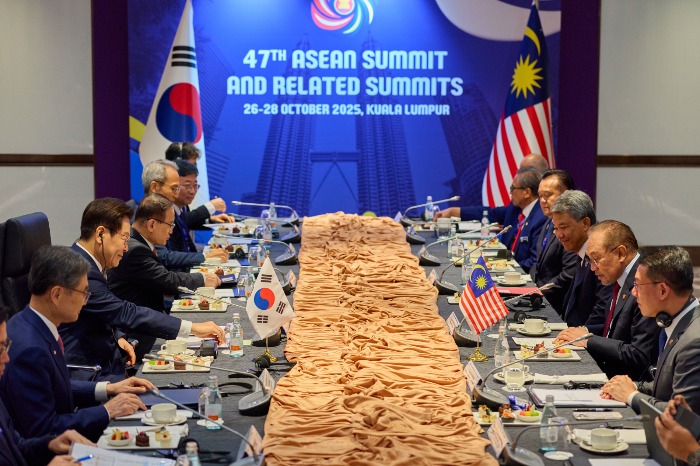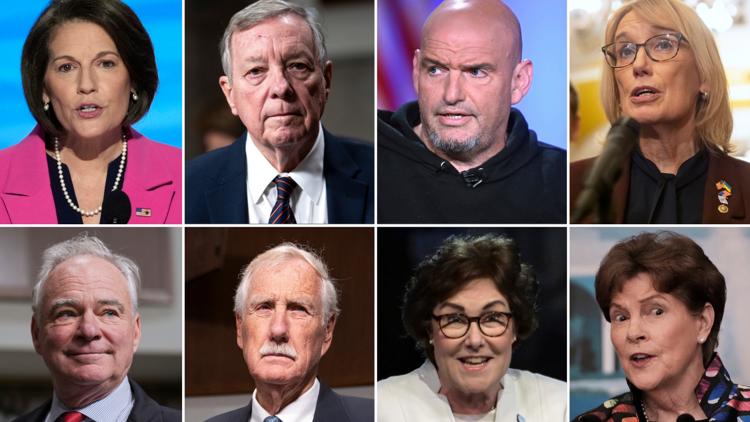UPDATE: South Korea and Malaysia have just finalized a landmark free trade agreement that will transform economic relations between the two nations. The deal, sealed during the 47th ASEAN Summit in Kuala Lumpur on October 26, 2025, comes after six years of intense negotiations and is set to significantly boost South Korean exports of automobiles and steel to Malaysia, now recognized as Seoul’s third-largest trading partner in Southeast Asia.
This urgent agreement is pivotal as South Korea aims to diversify its trade relationships beyond its traditional reliance on the US and China. South Korean President Lee Jae Myung announced plans to elevate annual trade with ASEAN countries to an ambitious $300 billion, a notable increase from last year’s $192.8 billion.
The newly signed pact will dismantle existing trade barriers, enabling greater market access for South Korean automotive and steel sectors, which have faced restrictions under Malaysia’s industrial policies. Under the agreement, Malaysia will eliminate tariffs on 682 products, while South Korea will reciprocate by cutting tariffs on 288 products. This is a significant shift, especially for key electric vehicle components, where tariffs on completely knocked down (CKD) kits will be abolished, and duties on finished electric sport utility vehicles will drop from 30% to 15%.
The impact of this agreement extends beyond trade numbers; it represents a strategic pivot towards enhancing economic cooperation in the region. Currently, major domestic brands in Malaysia, such as Proton and Perodua, hold a dominant 70% market share in the automotive sector. However, with this new deal, South Korean companies are expected to gain a substantial foothold in Malaysia’s rapidly expanding car market, the second-largest in ASEAN.
In addition to automotive benefits, the agreement opens the door for South Korea to import Malaysian agricultural products—including tropical fruits like durians and pineapples, as well as shellfish—further enhancing bilateral trade dynamics. Notably, Malaysia has agreed to abolish foreign ownership limits in its automotive manufacturing sector, a strategic move anticipated to attract increased South Korean investment in electric vehicle production and component assembly.
Officials are optimistic that this deal will act as a catalyst for further free trade agreements with other ASEAN nations, following recent individual agreements with Singapore, Vietnam, Cambodia, Indonesia, and the Philippines.
While the pact requires ratification by both countries before it can take effect, trade officials in Seoul anticipate that it will enhance economic cooperation and mitigate geopolitical risks amid the escalating US-China trade tensions.
The urgency of this development cannot be overstated, as South Korea and Malaysia align their economic strategies for a more interconnected future. Stay tuned for more updates on this critical agreement and its implications for the region’s trade landscape.







